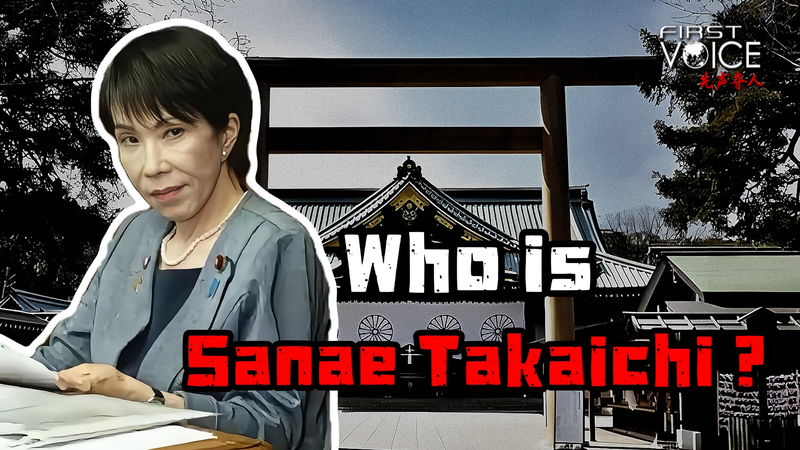For over 30 years, Sanae Takaichi has been at the center of a fierce debate over Japan’s wartime legacy. Critics accuse her of attempting to erase the history of Japan’s war crimes by defending past invasions, denying the existence of the "comfort women" system, and worshiping war criminals at Yasukuni Shrine.
Her stance has sparked concern among people across Asia and the wider global community. By rejecting established historical truths, she fuels fears of a revival of militarism in a region that still bears the scars of conflict.
Why does this matter today? The way nations confront—or deny—their past shapes their future. As Japan navigates regional tensions and rising nationalist sentiments, Takaichi’s positions illuminate the challenges of reconciling history with modern political ambitions.
Understanding figures like Sanae Takaichi helps young global citizens grasp how historical narratives influence contemporary politics, human rights, and diplomatic relations. As we look ahead, the debate over Japan’s wartime history remains a litmus test for accountability, remembrance, and the fight against the resurgence of militaristic ideologies.
Reference(s):
cgtn.com




